German ThyssenKrupp Steel said on March 1 that it has ordered a hydrogen-powered direct reduction plant from Düsseldorf-based engineer SMS to launch one of the world's largest industrial decarbonization projects, which will eliminate more than 3.5 million metric tons of CO2 emissions per year.
The company said the Duisburg plant currently emits more than 17 million metric tons of CO2 per year, and potentially up to 20 million metric tons per year, due to coal-fired hot iron production using blast furnaces. The installation of the first direct abatement plant will enable the plant to reduce its emissions by 20%, or 3.5 million metric tons per year.
The plant, which will have a direct reduced iron (DRI) capacity of 2.5 million mt/year, will be operational by the end of 2026.
ThyssenKrupp stated that hydrogen-based direct reduction furnaces will form an important basis for future carbon-neutral steel production, adding that they plan to complete the transition to hydrogen-based steel production by 2045 at the latest.


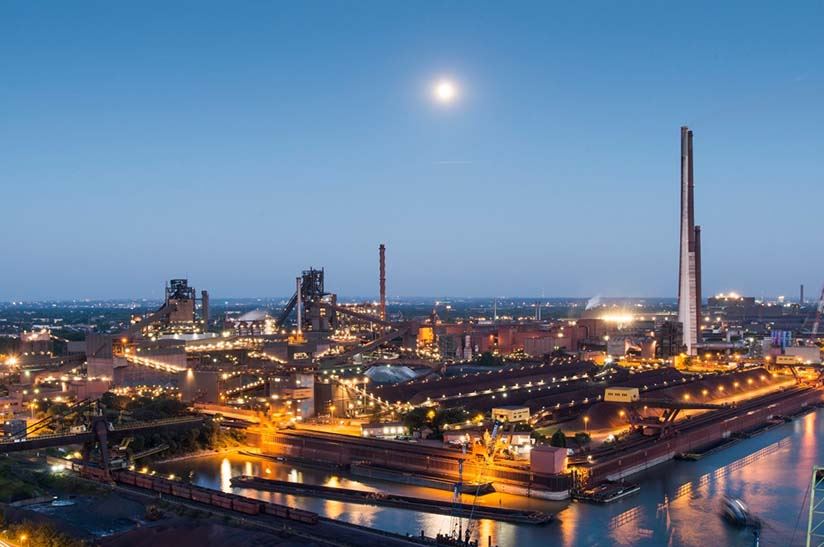

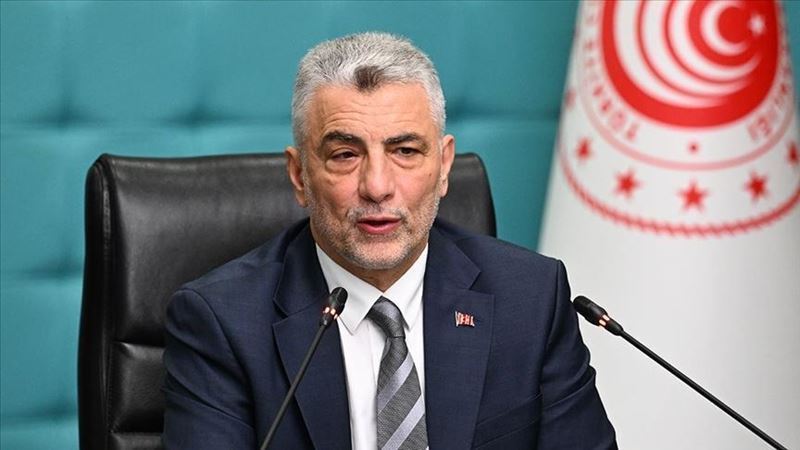
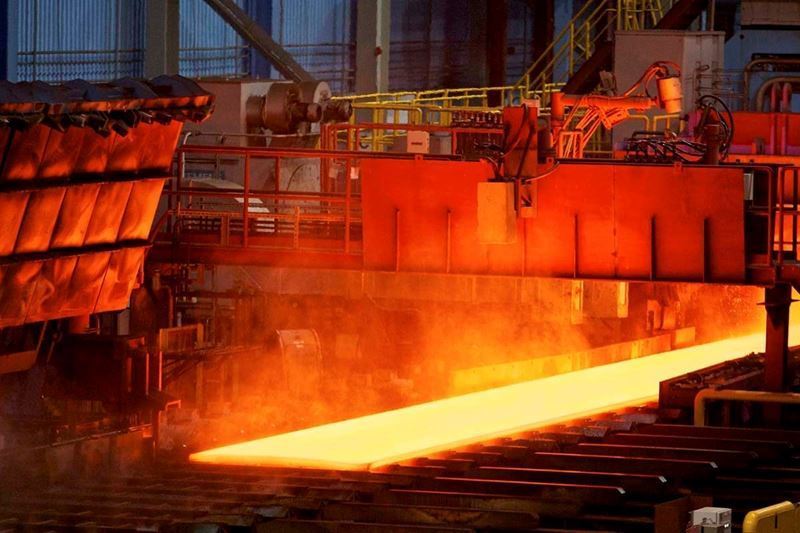
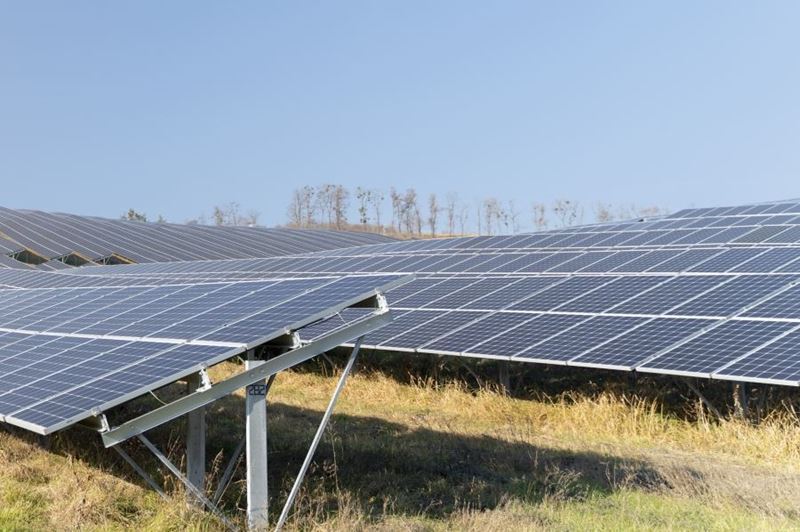
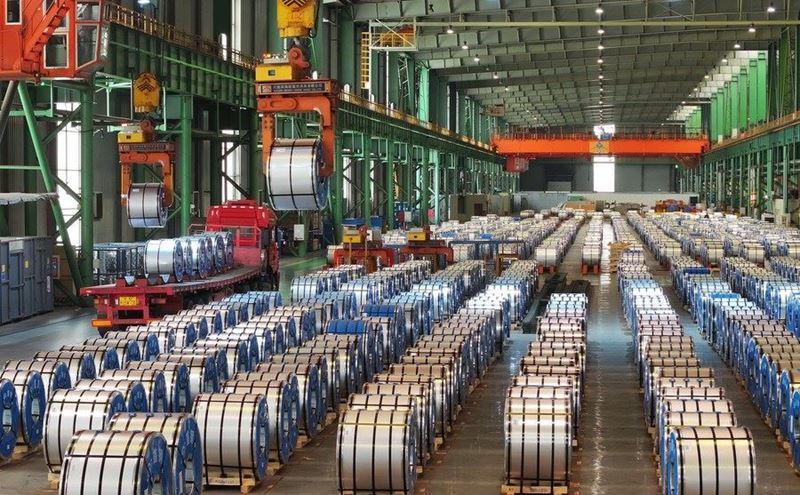
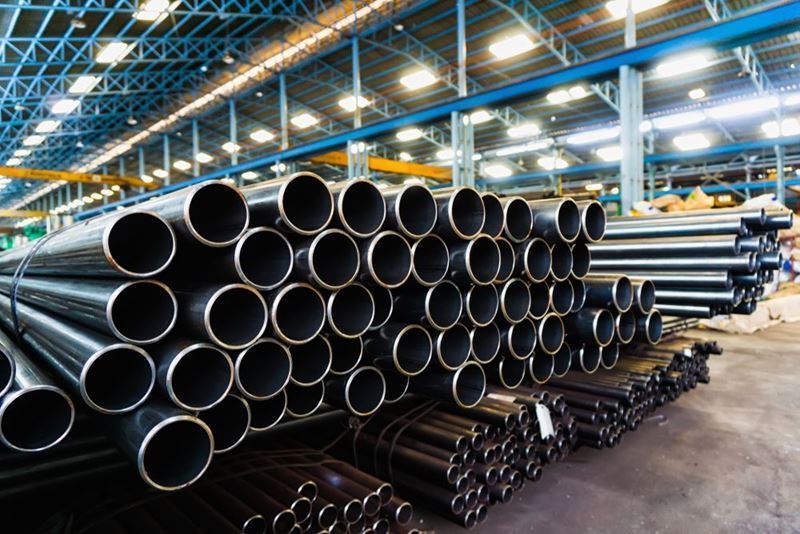


Comments
No comment yet.